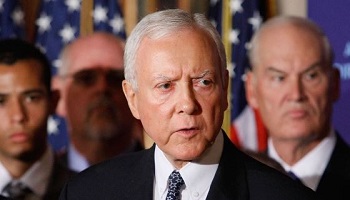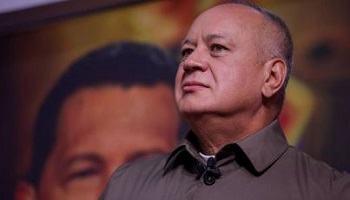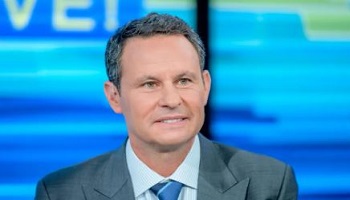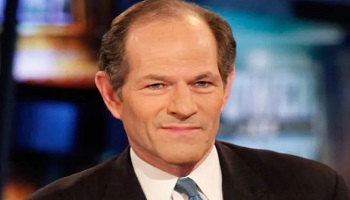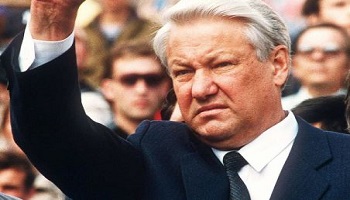
Boris Yeltsin Net Worth Russia First President
Boris Yeltsin, the first president of the Russian Federation, played a pivotal role in the transition of Russia from a Soviet republic to an independent nation after the dissolution of the Soviet Union in 1991. His time in office was marked by significant political, social, and economic upheaval, but it also laid the foundation for the Russia we know today. While Yeltsin’s political legacy is often debated—his supporters praise his role in democratizing Russia, while his critics blame him for the economic chaos during the 1990s—his financial journey, and how he accumulated wealth during and after his presidency, is an intriguing story. In this blog post, we’ll dive into Boris Yeltsin’s net worth, examining how he built his wealth and what it signifies in the context of his leadership.
The Rise of Boris Yeltsin
Born on February 1, 1931, in Sverdlovsk (now Yekaterinburg), Russia, Yeltsin grew up during a turbulent time in Soviet history. He worked his way through the Soviet political system, eventually rising to prominence as the First Secretary of the Moscow City Committee of the Communist Party in the 1980s. He was a reformist within the Communist Party and began advocating for greater political openness and market reforms, which set him apart from the more conservative leadership at the time.
Yeltsin’s rise to prominence culminated in his election as the first president of Russia in 1991, after the Soviet Union dissolved. His presidency marked a period of dramatic change for Russia, as the country transitioned from a state-controlled, centrally planned economy to a more market-oriented one, albeit with considerable challenges. His time in office was not only politically turbulent but financially unstable as well, with the Russian economy facing rapid inflation, privatization, and economic shocks.
The Transition to Privatization and Economic Reform
One of the most controversial aspects of Yeltsin’s presidency was the privatization of state-owned enterprises, which took place in the 1990s. As part of his efforts to move Russia toward a market economy, Yeltsin oversaw the transfer of many of the country’s largest and most profitable state-run businesses into private hands. This process, known as “voucher privatization,” involved distributing vouchers to the Russian population that could be exchanged for shares in former state-owned companies. However, many of these vouchers were either never used or were bought up by a small group of oligarchs who became extremely wealthy during this time.
The privatization process is widely regarded as corrupt, with many of the newly formed Russian oligarchs using political connections to acquire major assets at a fraction of their true value. As president, Yeltsin’s policies enabled the rise of these oligarchs, many of whom became some of the richest people in Russia. The privatization process contributed to the concentration of wealth in the hands of a few, while the majority of the population suffered from economic hardship.
Though Yeltsin was often accused of being too lenient with the oligarchs and not doing enough to regulate their growing wealth, it is clear that the financial landscape during his time in power had a major impact on his personal wealth and financial dealings as well.
Boris Yeltsin’s Wealth During and After His Presidency
As Russia’s president, Boris Yeltsin’s wealth was likely bolstered by his position of power, although the exact details of his personal finances are shrouded in secrecy. Unlike many other world leaders, Yeltsin did not appear to accumulate extreme wealth in the public eye during his presidency, but that does not mean he was financially uninvolved.
During his presidency, Yeltsin received a government salary and other official benefits, including a lavish presidential residence, travel allowances, and other perks associated with being the head of state. These benefits, along with his political influence, allowed him to maintain a comfortable lifestyle during and after his time in office. However, after leaving the presidency in 1999, Yeltsin’s financial situation became more opaque.
Post-Presidency Business Interests and Controversies
After stepping down in 1999, Yeltsin lived relatively quietly in his later years. However, several reports have suggested that he became involved in business ventures following his presidency, albeit not directly. It’s believed that Yeltsin had indirect involvement with Russian oligarchs and business leaders, many of whom had become wealthy during his tenure as president. Some sources indicate that Yeltsin may have received financial support from various business figures, although the details are unclear.
One of the more notable financial controversies surrounding Yeltsin involved his pension. As former president, he was entitled to a state pension, which was reportedly quite generous. Yeltsin’s pension, which was above and beyond the average Russian salary, allowed him to maintain his status after leaving office. However, critics argued that it was yet another symbol of the inequality in Russian society, as ordinary Russians faced economic hardship while their leaders enjoyed lavish benefits.
Another important aspect of Yeltsin’s post-presidency wealth was his family. His daughter, Tatiana Yeltsina, is known to have had close relationships with some of Russia’s wealthiest and most influential people. It’s possible that Yeltsin’s family benefited from his relationships with these powerful business figures, contributing to their overall financial status.
Boris Yeltsin’s Net Worth
While there is no definitive figure on Boris Yeltsin’s exact net worth, estimates suggest that it was likely in the range of tens of millions of dollars by the time of his death in 2007. Much of his wealth seems to have been derived from the privileges of his presidency, combined with his connections to powerful oligarchs. However, it’s important to note that Yeltsin did not live the extravagant lifestyle that some other world leaders have enjoyed.
It is also important to consider the broader context in which Yeltsin’s wealth was accumulated. The privatization and economic reforms that took place during his presidency were designed to create a more market-based economy, but they also allowed the emergence of a group of oligarchs who amassed vast fortunes in a short period. Many of these oligarchs, who profited from state assets, were believed to have financial ties to Yeltsin, although the specifics of those relationships remain unclear.
Yeltsin’s wealth was also somewhat tied to his influence in the Russian political sphere, and his ties to the business elite of the 1990s. Unlike some other leaders, he did not openly flaunt his wealth, preferring to maintain a relatively low-key public profile in his later years.
Boris Yeltsin’s Legacy and Financial Impact
Boris Yeltsin’s legacy, especially in financial terms, is deeply intertwined with the rise of Russia’s oligarchs and the early days of the Russian Federation’s market reforms. While his efforts to democratize Russia and move away from the Soviet-style economy were groundbreaking, the transition was marred by corruption, inequality, and economic hardship for many Russians.
Yeltsin’s involvement in privatization helped lay the groundwork for the concentration of wealth in the hands of a few, which continues to affect Russia’s economy and political system today. However, his role in opening up Russia to the world and ushering in a new era of economic reforms cannot be overlooked, even if the process was flawed and tumultuous.
Boris Yeltsin’s net worth and financial legacy are difficult to measure with certainty, as much of his wealth was tied to his political influence, business connections, and the turbulent economic environment of the 1990s. While he did not amass the kind of immense personal fortune that some world leaders are known for, his financial situation was shaped by the seismic changes in Russia during his presidency.
Ultimately, Yeltsin’s wealth, like his presidency, was a product of the time in which he lived—an era of dramatic transformation for Russia. Whether as a symbol of the country’s shift to a capitalist economy or as a figure linked to the rise of powerful oligarchs, Yeltsin’s net worth serves as a reflection of both his political role and the financial chaos that marked the end of the Soviet Union.
